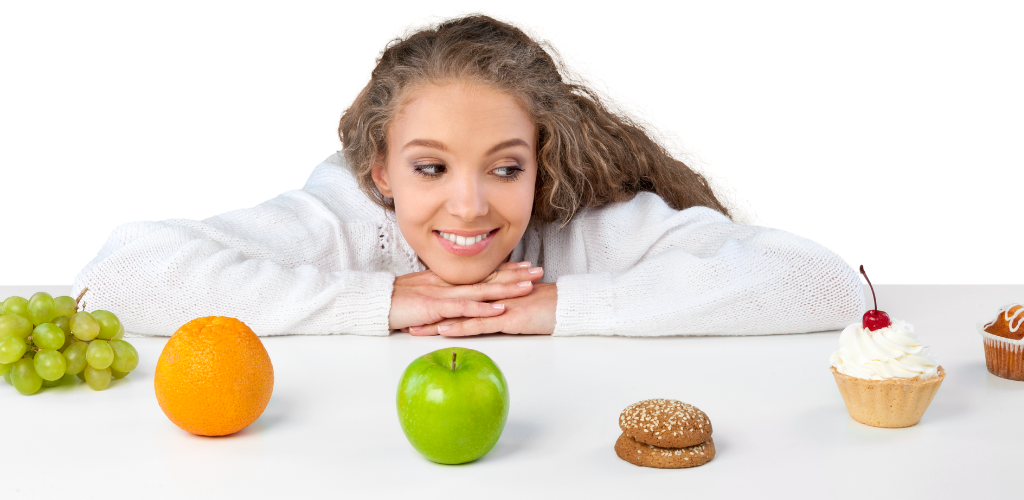Why Vegan

WHY VEGAN?
Before we go into the statistics, it’s essential to understand what it means to be vegan. A vegan’s diet consists of anything that doesn’t come from an animal.
Today, alternatives for these, such as mock meat, rice / almond / oat / soy milk, tofu / seitan, nut yogurts and many more have been found. In response to the increasing interest in vegan diets, more recipes to replace nonvegan foods are becoming available, and more restaurants are serving vegan meals.
It is crucial to note that vegan shopping goes beyond food, as it covers other aspects of lifestyle such as clothing and beauty products. It is a conscious effort taken to help save the animals and the environment. And unlike before, we have so many brands providing vegan alternatives today that it becomes difficult to choose which one to buy! Right from the food we eat to the soaps we use, everything can be bought vegan!
Clean Water
Learn How Fishing Nets Destroy Oceans
More Ethical
Learn How Vegan Lifestyle Is Ethical
Clean Air
Learn How Cattle Farming Pollutes Air
Less Starvation
Learn How Veganism Can End World Hunger
Clean Energy
Learn How Vegan Diet Uses Less Energy
More Healthy
Learn How Vegan Diet Is Healthier
DID YOU KNOW?
All the foods that vegans avoid involve some form of animal cruelty and have a major impact on the environment that we live in.
Let’s have a quick look at the correlation between Veganism and the Environment: (Facts and Statistics).
